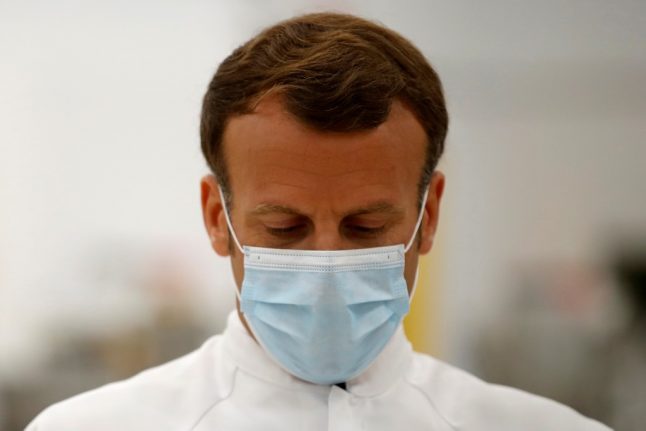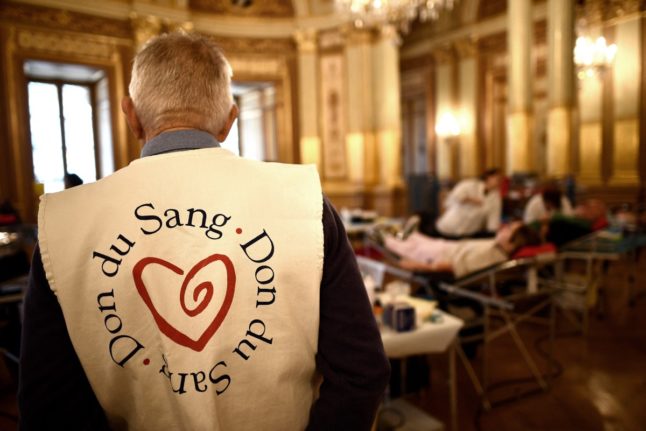Macron will announce the government's next move during a televised address to the nation on Wednesday night at 8pm.
Shop owners worry that they will have to close their doors again, as they had to in March when only those qualified as “essential” shops could stay open (pharmacies, food shops, supermarkets, tabacs and a few others such as bakers, cheese mongers and wine shops).
There are no details yet on whether all shops that closed last time would have to close in the case of a new lockdown; whether more shops would be allowed to remain open seeing as Christmas is approaching and the government wants to boost the economy as much as possible; or whether all shops simply would be able to stay open this time around.
This was to be decided during the defence council meeting on Wednesday morning.
Until Tuesday evening, the main theory was that Macron would announce a weekend lockdown and earlier curfews in hotspots and areas where hospitals struggle to cope with the pressure of new Covid-19 patients.
The president of the Scientific Council set up to advise the government on its Covid-19 policies, Jean-François Delfraissy, outlined this as one of two options (the other being lockdown) during an interview earlier this week.
READ ALSO: What lockdown scenarios are the French government considering?
That would mean either implementing a tougher version of the curfew in place right now across the country, or continuing to adapt measures to local levels of spread, only introducing stricter measures only in areas that have alarming levels of spread.
The latter version is more difficult to put in place in practice because things change quickly, and because once hospital rates reach a critical level, it may be too late.
The Local will be following the president's speech here.



 Please whitelist us to continue reading.
Please whitelist us to continue reading.
Member comments